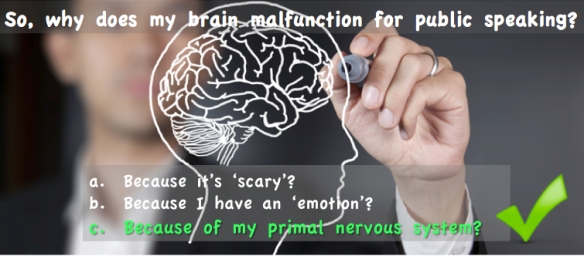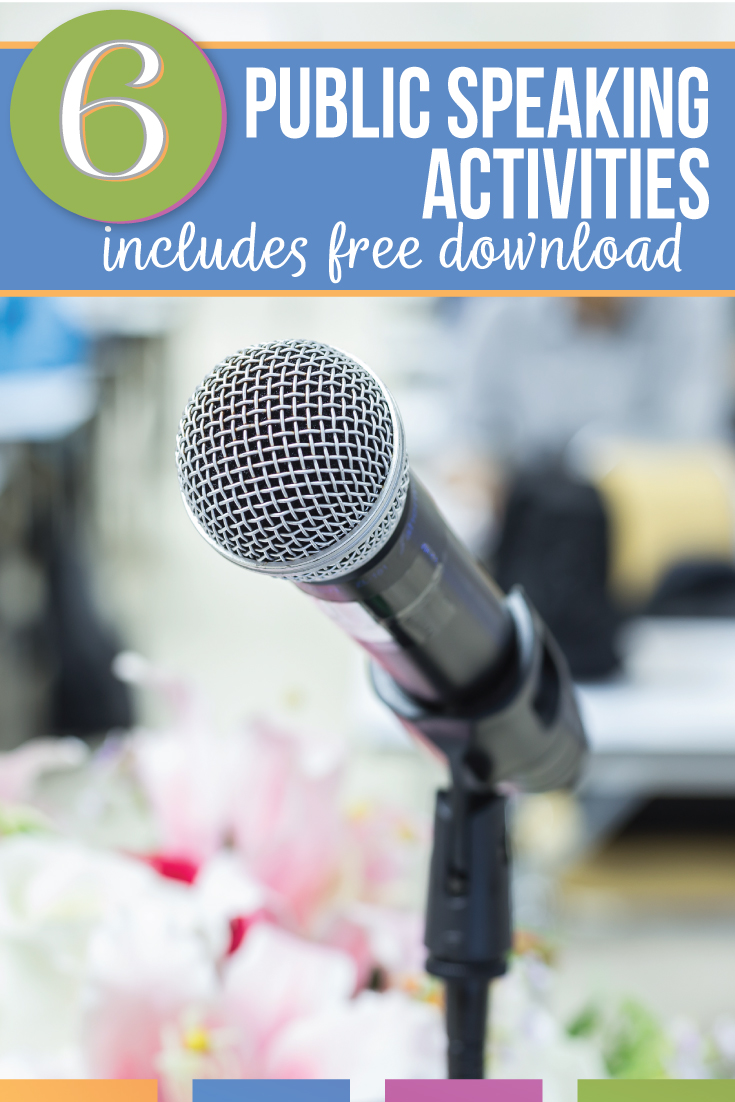CBT for Public Speaking Anxiety
Cognitive Behavioral Therapy (CBT) is an effective method for alleviating anxiety related to public speaking. Public speaking anxiety can be a significant barrier to personal and professional growth. Many individuals find it challenging to speak in front of an audience due to fear, self-doubt, and excessive nervousness. This anxiety can lead to avoidant behavior or…








